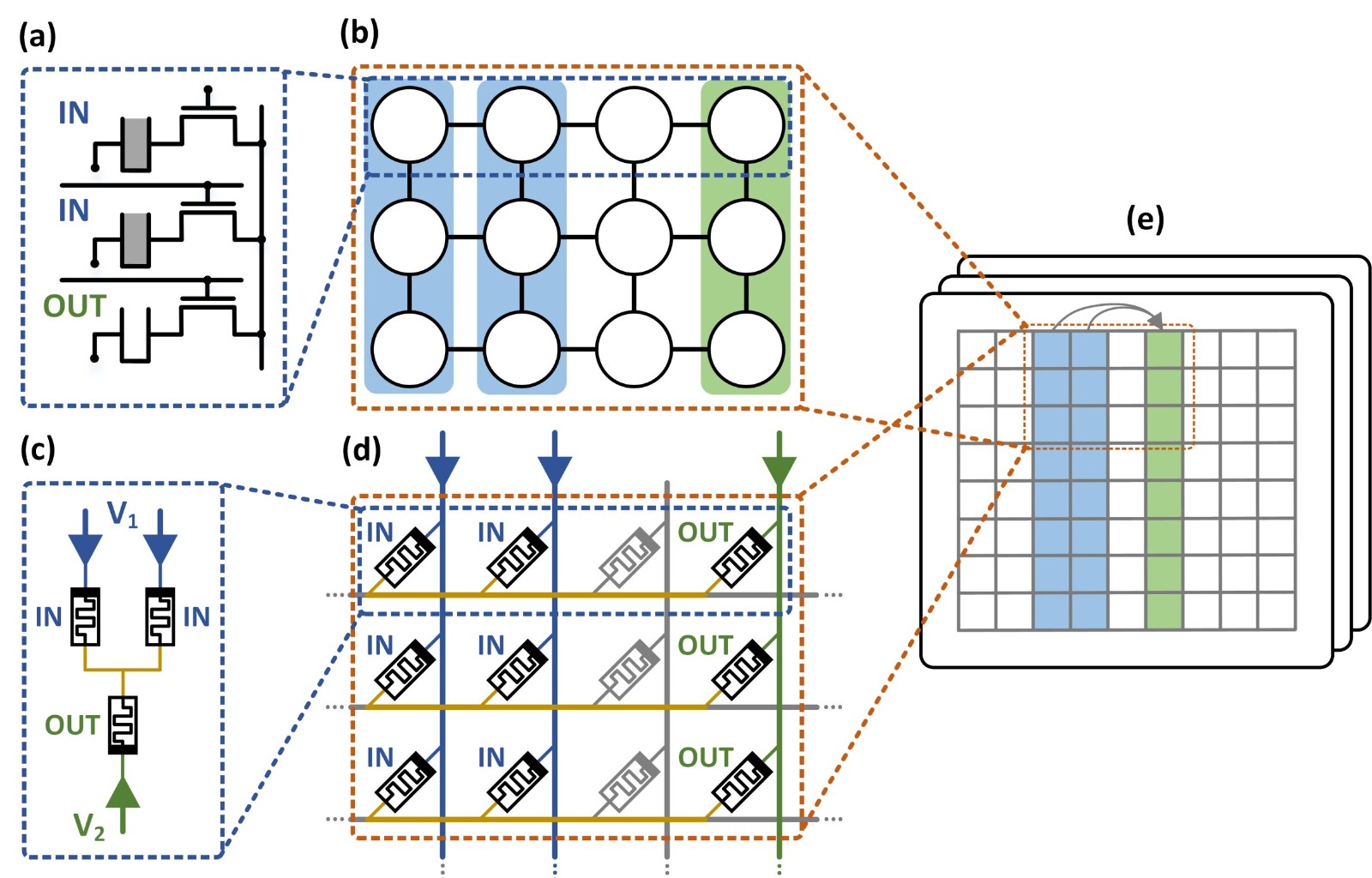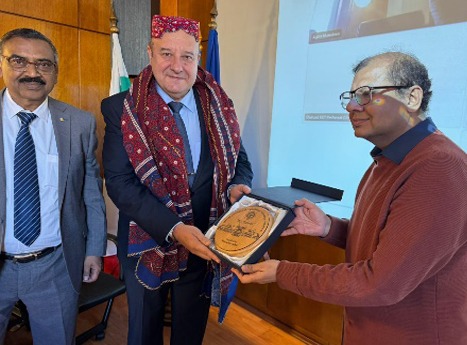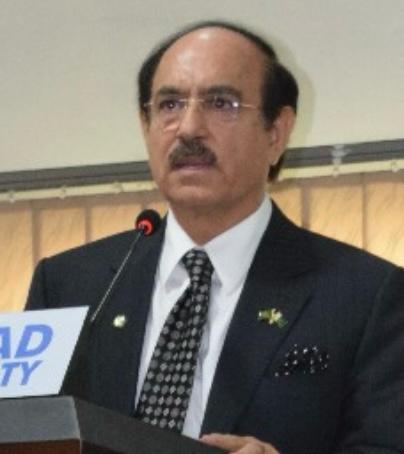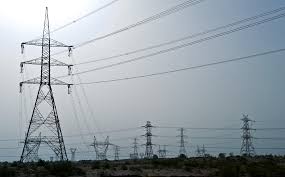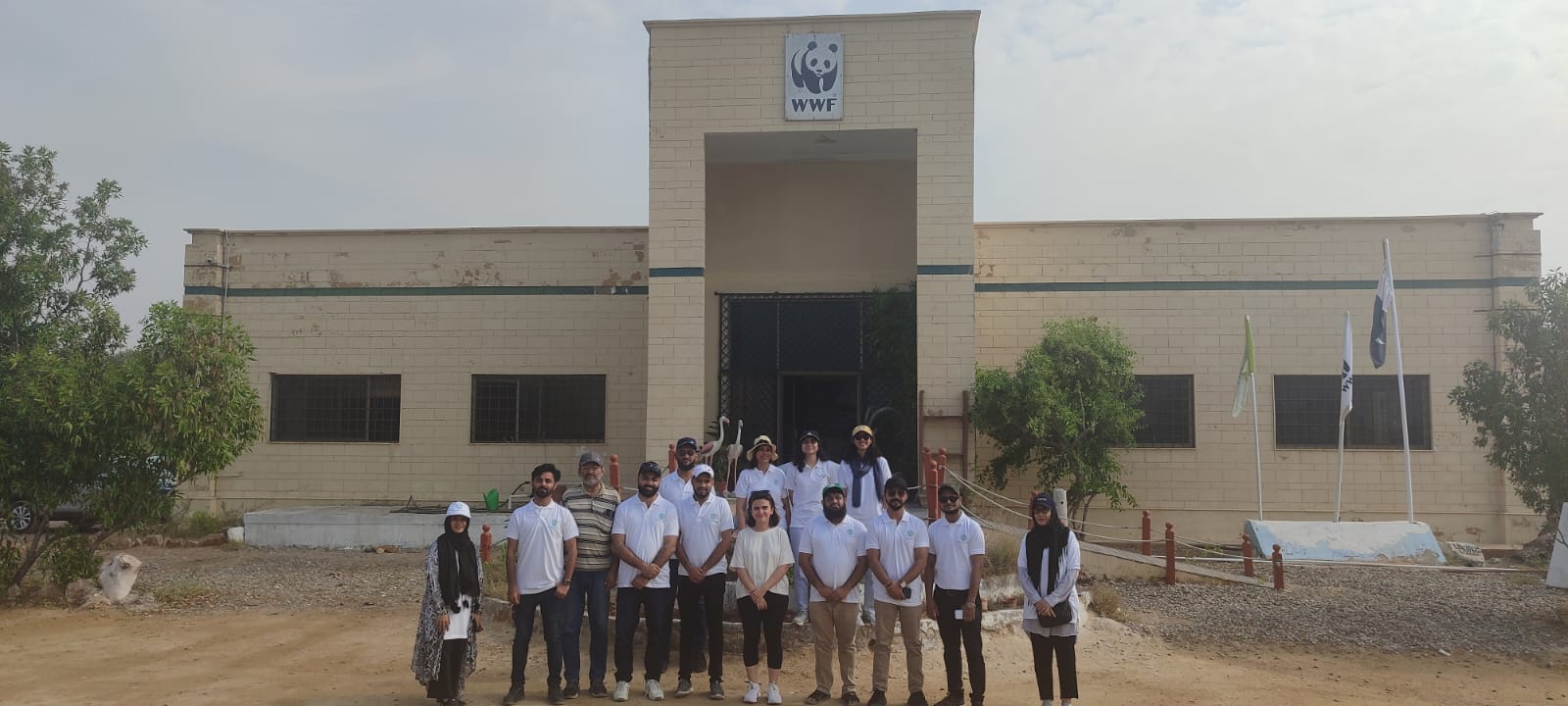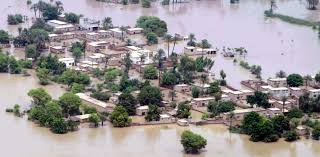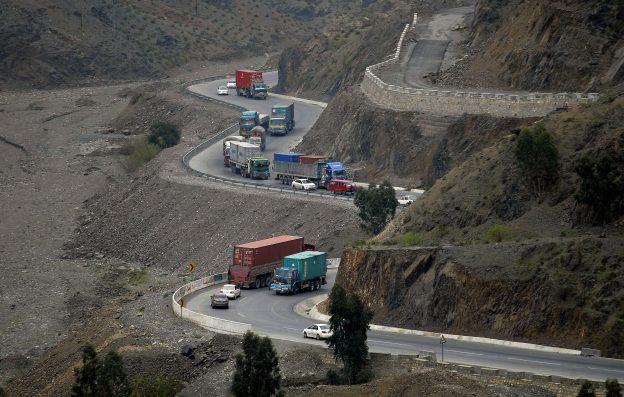US Consul General Robert Silberstein, who called on Sindh Chief Minister Syed Murad Ali Shah at CM House, assured that his government will support establishing a state-of-the-art university in Tharparkar district.
The American envoy told the chief minister that he visited NED engineering college in Mithi and appreciated the step of the provincial government but said it was a small institute. At this, the chief minister said he had already reserved a 300 acre land for the university and said it was a dream to establish a full-fledged university.
Mr. Robert assured the chief minister that the American government would support the provincial government in establishing a state-of-art university in Thar.
Syed Murad Ali Shah said that his government was working hard to generate clean energy by installing wind and solar power projects.
“The breakthrough the Sindh government has made in coal-fired power generation in Thar is a milestone in the country and these projects have not only created employment opportunities for the locals but have changed the dynamics of lifestyle in Thar desert where women empowerment has become the major intervention,” he said.
Shah said that the project development was a gigantic task and the more difficult task was the settlement of the affected people in a better way by passing on the benefits of the projects established on their ancestral lands. “Now look at the residential colonies we have established for affected people,” he said and added they were enjoying quite a comfortable life which is a fusion of their desert and modern life. “We have given them beautiful houses with corridors and igloo type of room locally called as `Choanra’, a mosque, a temple, beautiful school, hospital, electricity, water supply and top of it grazing area for their cattle which they keep like their family members,” he said.
Mr. Robert Silberstein told the chief minister that he visited the area and the coal projects, wind projects and the human settlement made by the government impressed him very much. He added that the thing which worried him was locust swarm in the desert area. “It was quite horrible and must be destroyed at the earliest because some experts have told me if they were not killed this year they would cause a catastrophe next year.”
The chief minister said that he has provided a grant of Rs10 million to the federal government plant protection department to conduct aerial spray in the desert area.
US to support in establishing a modern university in Thar Consul General Robert Silberstein appreciates NED engineering college in Mithi







